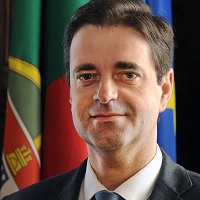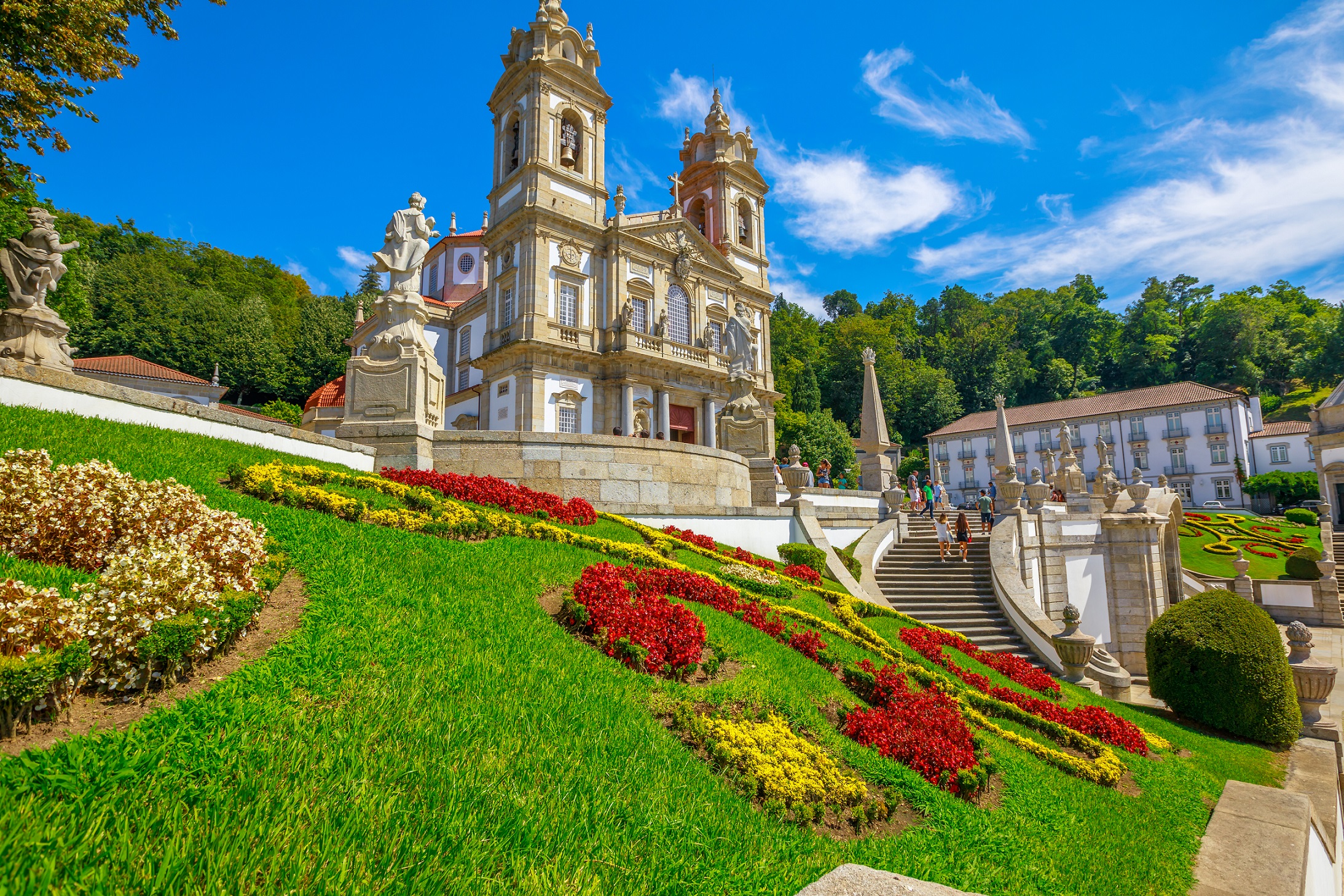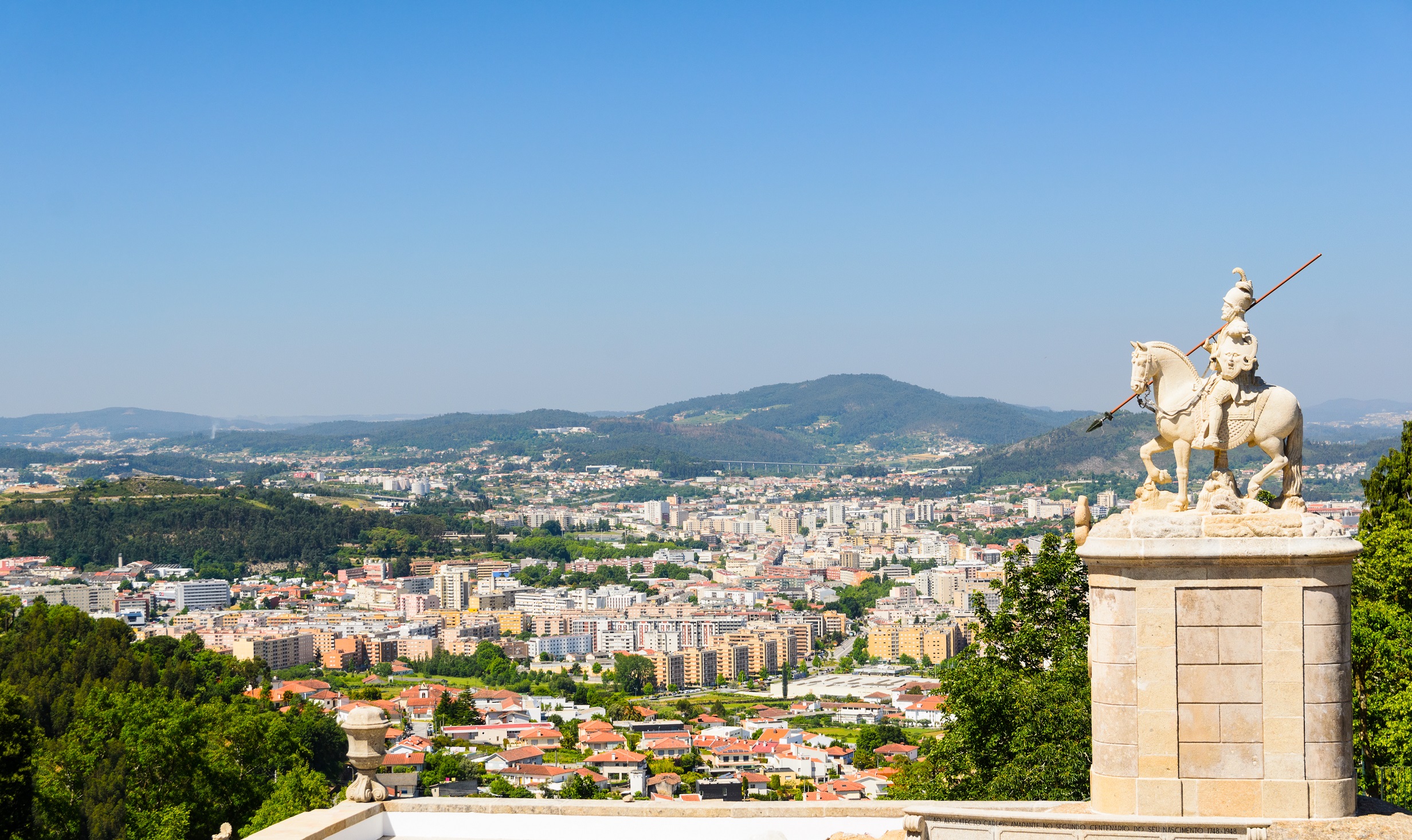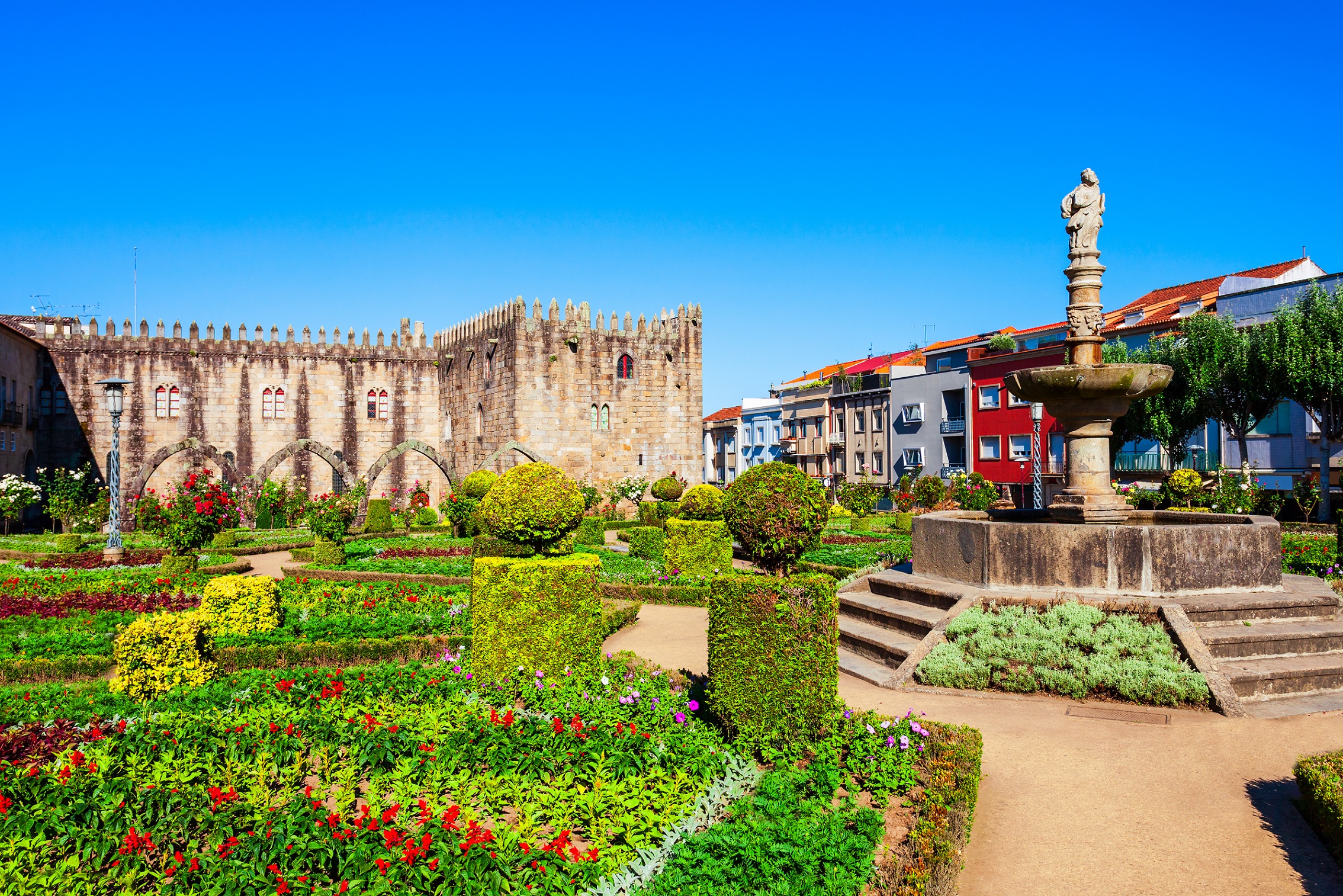Mayor of the moment

Ricardo Rio Braga

The implications of climate change were clear this summer as Portugal suffered severe wild fires, while drought and heatwaves were experienced across Europe. At the same time, many cities anticipate a rise in energy prices that could become a cost burden on households and businesses this winter. You signed the Green City Accord as a pledge to make Braga cleaner and healthier. What specific actions have you taken to improve sustainability in Braga, and how will this reduce inequality in the city?
In Braga, we see Sustainable Development as a transversal theme to any activity in our program. The institutionalisation of the 2030 Agenda and the respective Sustainable Development Goals have led the city of Braga to increase its environmental performance in every aspect. The Green City Accord is part of this global vision where in an integrated strategy we can envision the future, act and monitor its impacts. For example, the intersection between the implementation of the 2030 Agenda and the Green City Accord can be seen in the city’s decarbonisation process. Following our inventory of greenhouse gas emissions, we learned that 65% of our territory’s emissions come from mobility. To face this challenge, we implemented significant decarbonisation projects. The renewal of the Transportes Urbanos de Braga fleet is one of the great examples in which I would also highlight the implementation of Bicification, a project that rewards bicycle users for the distances cycled in the city and allows them to accumulate money to spend in local shops. For the future and to meet our decarbonisation goals, I highlight the implementation of the Bus Rapid Transport in Braga, a project with an investment of 150 million euros to promote sustainable public transport. We are also investing a lot of resources in creating new bike lanes in the city.

With 40% of Braga’s population under 30 years old, Braga has a significant youth population. Can you tell us what action you are taking to ensure Braga attracts young people and helps disadvantaged youth develop bright futures, especially in the aftermath of the COVID-19 crisis?
In the last census of Portugal, Braga was one of the few cities that grew in population, on the contrary to most of the country. In a time that Portugal’s population was reducing, the number of people living in Braga increased 7%. This was possible because in the last decade we invested a huge amount of public and private resources to increase the quality of life in the city, but, at the same time, created a very friendly business environment to attract investment and talent to the city. With the dynamics of the University of Minho and other higher education facilities, the city attracted and retained people. Additionally, we have a strategy to help youth to surpass difficulties, especially in the first years of adult life. Through ‘Invest Braga’, we developed projects such as ‘Work in Braga’, which is a project developed between the city and the main private companies, and which helps people find work. This has been very helpful, to our local youth but also to help people who want to come to Braga to get their first job in the city. Another program we pioneered in Portugal was the launch of a program with the University of Minho and the Public Institute for the Employed to help young people reskill to improve their qualifications, mainly in the IT sector, helping them to get a job and also to foster the labor market in this field. We are always trying to develop new programs to foster youth, mainly the underprivileged. For instance, we were one of the first cities in Portugal to implement a program to help low-income families have access to dental care (in Portugal, the National Health Service doesn’t pay for dental care) – Braga a Sorrir. This was important to a lot of people to improve their looks and also self-esteem.

Braga has been a UNESCO Creative City in the area of Media Arts since 2017 and the city is one of the finalists to be European Capital of Culture 2027. However, Cultural and creative jobs are, on average, more precarious than jobs in other sectors with implications for contract stability, fluctuations in income, and access to social protection (across OECD countries, 29% of cultural and creative employees are self-employed, more than twice the average rate for all workers). What strategies are you using to ensure Braga’s culture industry generates good jobs and a wide range of opportunities?
Braga, as you mentioned, has a very vibrant culture scene and in these last few years we put a lot of resources in the culture sector. Being a Creative City of UNESCO in Media Arts and now finalist of the European Capital of Culture 2027 were projects developed by the Municipality but were also a result the natural progress of the culture sector, that were very vigorous. Like every country in the world, the sector was very affected by the pandemic of COVID-19 but we have now indicators that the sector is already recovering and reaching the same levels of before. In Portugal, local governments have limited influence in conducting policies concerning jobs and workers but the city of Braga always tries to promote companies that have good practices, including employment. Besides that, we try to hire for our events local artists and companies. We also have more than fifty program contracts with local cultural organisations and these contracts are dependent on several conditions. This helps cultural companies to have a more stable budget.

Earlier this year Braga hosted the Humanity on the Move conference and you signed the Lampedusa Charter, a document guiding human mobility and migrant reception. Can you share some of the actions you have taken to welcome migrants to Braga, and explain how you ensure they are treated equitably and given opportunities to thrive?
Braga is a very friendly city to migrants and we have more than one hundred different nationalities in the city, which is a big number considering we are only 193 thousand people. Using a comprehensive approach across society, we are now one of the most multicultural cities in Portugal. For instance, when Ukraine was invaded by the Russian army, we put in place a plan to receive refugees (Ukrainians were already one the biggest migrant communities in Braga) but we were humbled by the efforts of civil society, who implemented a plan to send goods to Ukraine and welcome refugees. In recent years, we also received a lot of Brazilians and now roughly seven percent of our population comes from Brazil. Our public institutions are prepared to receive all these migrants, and runs a program to welcome new migrants. We have hired intercultural intermediaries to help migrants to integrate and settle in our city.

